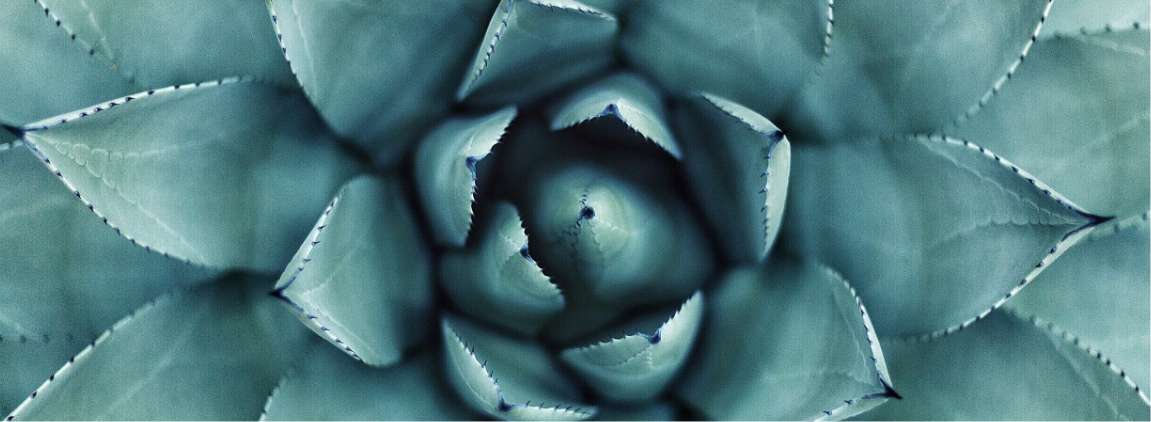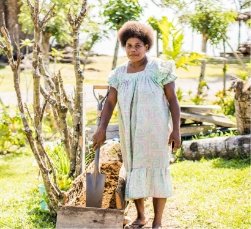Prevention of Sexual Exploitation, Abuse and Harassment (PSEAH)

Botanical Garden, København K, Denmark. Photo: Erol Ahmed
ACFID’s members are committed to further improving standards, practice and culture to prevent and respond to sexual exploitation, abuse and harassment.
In 2018 ACFID commissioned the Victorian Institute of Forensic Medicine (VIFM) to conduct an independent review into sector-wide practice in relation to the prevention of sexual misconduct. The independent review by VIFM outlined recommendations for strengthening both culture and practice. ACFID is continuing to implement the recommendations and to support ACFID members’ commitment to advancing the safeguarding of those who are vulnerable to sexual exploitation and abuse.
Review Documents
Shaping the Path
VIFM – ACFID Independent Review into the Practice and Response of ACFID members in the Prevention of Sexual Misconduct
ACFID Board Statement
A Statement from the Board of the Australian Council for International Development
ACFID PSEA Implementation Plan
This plan sets out ACFID’s approach to addressing issues of sexual exploitation and abuse in our sector.
1st Annual Update
1st annual update on the recommendations of the independent review to improve the practice and response in the prevention of sexual misconduct
June 2019
2nd Annual Update
2nd Annual update on the recommendations of the independent review to improve the practice and response in the prevention of sexual misconduct
August 2020
3rd Annual Update
3rd Annual update on the recommendations of the independent review to improve the practice and response in the prevention of sexual misconduct
October 2021
Support, guidance and learning for ACFID members
Guidance
To support members in demonstrating their organisational commitment, ACFID has developed Guidance for the Development of a PSEAH Policy. Visit the Safeguarding section of our Good Practice Toolkit for further guidance, or contact [email protected] with your questions about the ACFID Code.
Peer learning
ACFID members regularly convene to explore and strengthen practice leadership via the ACFID Safeguarding Community of Practice (SG CoP). Contact [email protected] to join.
Free online learning
Introductory self-paced learning is available via the ‘Introduction to Safeguarding’ eLearning course, and curated resources are available via the PSEAH Resource Hub. ACFID is also supporting translated versions of our eLearning – contact [email protected] for more information.
Reporting and accountability
Contact ACFID
Get in touch with ACFID about its work on the prevention of sexual misconduct via [email protected].
Support and information for individuals
If you have experienced sexual assault or sexual harassment and would like to speak to someone for support or information, 1800RESPECT can provide counselling 24 hours a day, 7 days a week via 1800 737 732 (free call) and online at www.1800respect.org.au.
If you have experience sexual assault and would like to make a complaint or report to the police, contact the relevant state and territory police contacts for sexual assault.
Complaints Mechanisms
ACFID’s Code of Conduct offers an independent mechanism to address concerns in relation to the conduct of ACFID members. Complaints should first be raised with the relevant ACFID member – information about members’ complaint mechanisms can be found on each ACFID member’s website. If you are not satisfied with the response, you can lodge a complaint with the ACFID Code of Conduct Committee.













